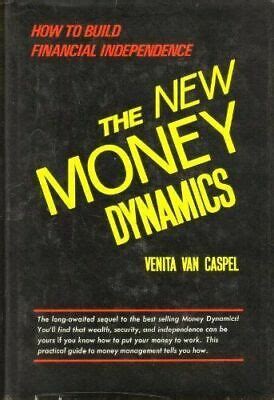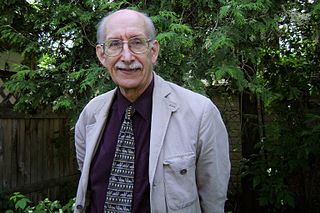A Quote by Aberjhani
As history has demonstrated many times over, change may arrive slowly or quickly but it is the one constant, in one form or another, on which we can all count.
Related Quotes
The ability to make a decision is another characteristic of a winner in money matters. I have found over and over again that those who succeed in making large sums of money reach decisions very promptly and change them, if at all, very slowly. I have also found that people who fail to make money reach decisions very slowly, if at all, and change them frequently and quickly.
Things happen very quickly and they have to happen quickly in order to have vitality, which I think is essentially part of a good pot. But in addition it means that you can explore an idea and change it and then change it and then change it; I don't mean by changing the one pot, but you make one pot then you make another that's related to that; you make another - you can make 50 pots in a day and none of them are going to be carbon copies of any other, but they'll all be related because there's something going through your mind about the form on that particular day.
If you look at the history of the letter in the novel, small changes in the British postal service became really significant because of how quickly people are suddenly able to communicate, and letters actually arrive at the intended time, and they arrive to the correct recipient. All of this is really important to a plot.
May we ever watch over one another, assisting in times of need. Let us not be critical and judgmental, but let us be tolerant, ever emulating the Savior's example of loving-kindness. In that vein, may we willingly serve one another. May we pray for the inspiration to know of the needs of those around us, and then may we go forward and provide assistance.
The character of a child is formed largely during the first twelve years of his life. He spends 16 times as many waking hours in the home as in the school, and 126 times as many hours in the home as in the church. Each child is, to a great degree, what he is because of the ever-constant influence of home environment and the careful or neglectful training of parents. Home is the best place for the child to learn self-control, to learn that he must submerge himself for the good of another. It is the best place in which to develop obedience, which nature and society will later demand.







































